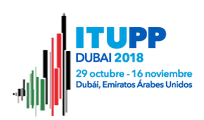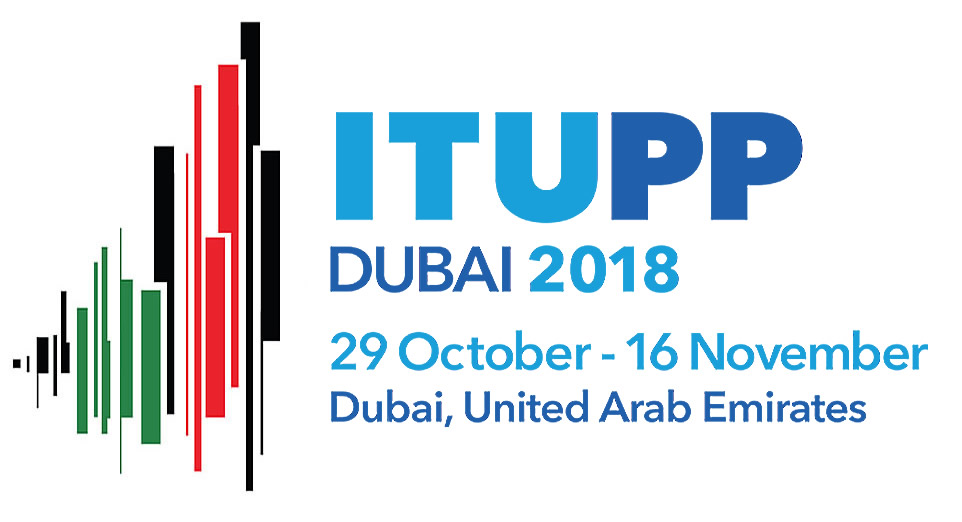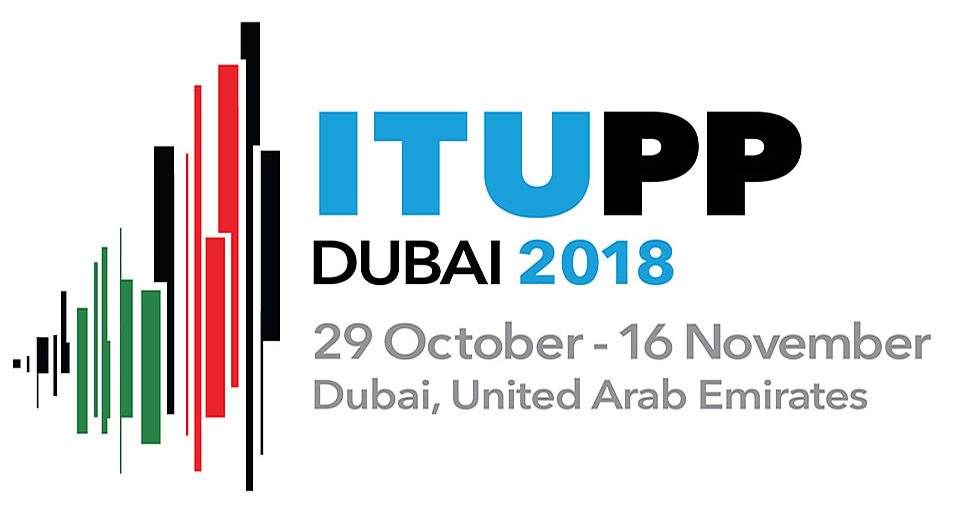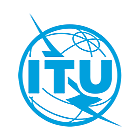Honorable Chairman,
Mr. Houlin Zhao, Secretary General of ITU
Excellences, Respected Delegates,
Ladies and Gentlemen,
I would like to thank the International Telecommunication Union (ITU) for inviting me to attend this Plenipotentiary Conference 18.
It is a great pleasure and honor to be here for the first time, representing Government of the Islamic Republic of Afghanistan. Please allow me to begin by thanking the government of the United Arab Emirates for hosting this important conference and for their warm hospitality.
Distinguished delegates,
In today’s world, technology is omnipresent and is playing a vital role in every part of our lives. It has been an influential factor in enabling countries to achieve socio-economic growth, thus pushing governments to invest and facilitate the adoption of new trends in their agendas and policies. It is transforming completely the way businesses, medicine, education and communications programs are being conducted.
Therefore, it’s very important that the ITU has adopted a structured approach to stimulate cooperation and growth in the ICT sphere, by setting strategic goals and targets. The identification of important milestones and benchmarks in the areas of Growth, Inclusiveness, Sustainability, Innovation and Partnerships gives us all a guidance in our actions.
In Afghanistan, we have come a long way during the last 15 years to develop the ICT infrastructure from scratch. A country that had almost no connectivity whatsoever back then operates about 5.000 km of fiber optics and plans to build more in coming years. We have brought 90% of the country under the coverage of the GSM and mobile services. Almost 80% of the population use mobile phone services. Internet prices, which were almost 3.000 USD per Mega Bit has been reduced to almost 60 USD per mega bit. Our objective is to expand connectivity within Afghanistan and lower the internet prices as much as possible, so that our people are provided with ease of access to the digital world, and thus to knowledge, education, science and etc.
- Getting approval of Open Access Policy (OAP) last year will further support the private sector to invest in Fiber Optics, which will result in a stronger competition among the operators in terms of service, quality and tariffs;
- With the support of Digital CASA Project, the government of Afghanistan will extend fiber optic network to 9 provinces and a number of 25 provinces are already connected, which will enable 90% of the Afghans to benefit from the telecommunication services. Afghanistan Fiber network is connected to 5 neighboring countries: Pakistan, Iran, Turkmenistan, Uzbekistan and Tajikistan.
- We have made noteworthy progress in improving the government institutions’ efficiency through e-government and digital modernization efforts. Government Resource Planning (GRP) is under development. The E-Government platform is under process and electronic IDs have been issued, which simplifies the digital access and identity;
The Government of Islamic Republic of Afghanistan has recently adopted the ICT Roadmap and strategic plan for the upcoming five years, which will pave the way to alter an almost 70% of the administrative procedures electronically and to connect universities, schools and hospitals to internet throughout the country. We are also working on the successful launch of the one-stop shop for public services, where majority of the services will be provided using electronic applications and programs.
Despite major achievements, Afghanistan faces considerable challenges as a landlocked country in terms of connecting the remote areas to internet as well as, relatively low ICT literacy. Yet another major challenge is security that hinders our progress in many areas.
In spite of the aforementioned concerns, we are confident that, in near future the majority of rural population and urban household will have access to affordable broadband connections.
As a member of the International Telecommunication Union, the Islamic Republic of Afghanistan fully endorses the visions, goals and targets of UN-SDGs. This is mainly because we strongly believe that Information society is about empowerment of people so that they can achieve their full potential.
At the end, once again, I would like to thank the UAE authorities for the gracious hosting and the ITU for organizing such a valuable event.
I wish you all a successful meeting ahead!
Thank you,






